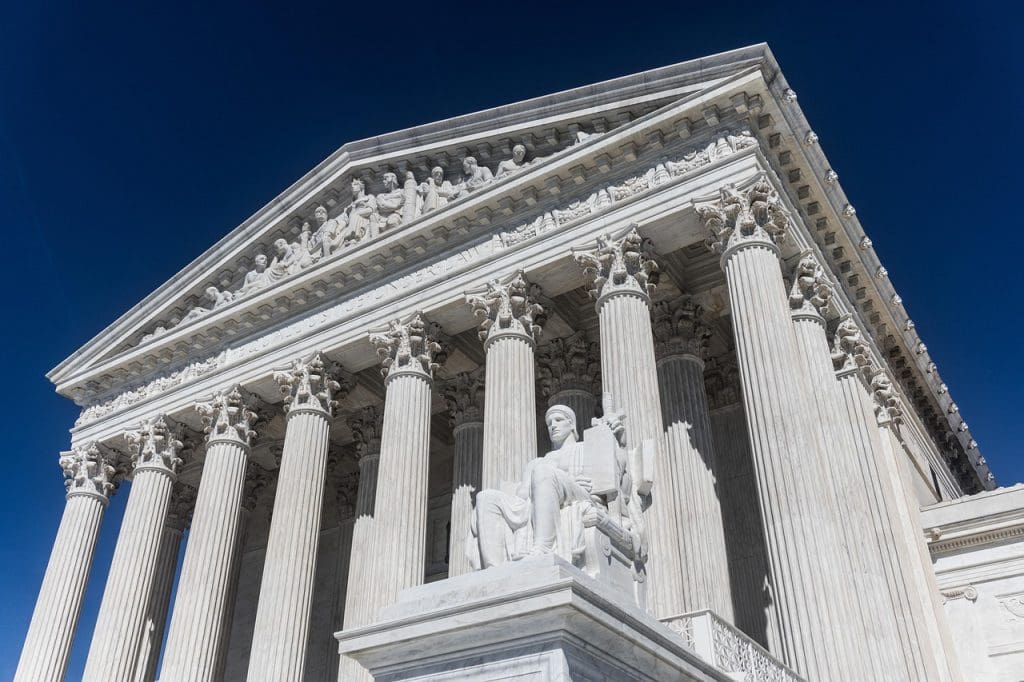By Drew Viguet
National Agricultural Law Center
U of A System Division of Agriculture
May 28, 2025
Fast facts:
- 2024 Supreme Court decision impacts agency authority
- Legal ag experts John Dillard, Grant Ballard discuss decision’s implications
- Session from both at annual Mid-South conference will explore impacts
FAYETTEVILLE, Ark. — A 2024 decision from the Supreme Court will have far-reaching implications for agriculture, reshaping how agricultural, food, and environmental law industries are regulated.
Last June, SCOTUS issued its decision in the case Loper Bright Enterprises v. Raimondo, thus overturning the longstanding “Chevron doctrine” established in the 1984 case Chevron U.S.A., Inc. v. Natural Resource Defense Council, Inc. That doctrine guided courts in answering a critical question: when should they defer to agency interpretations of statutory law?
According to the “Chevron doctrine,” courts were guided to defer to a federal agency’s reasonable interpretation of ambiguous statutory language. The ruling in Loper Bright Enterprises v. Raimondo changes that, telling courts they may not “defer to an agency interpretation of the law simply because it is ambiguous.”
“For decades, under Chevron, courts largely relied on agencies to interpret statutes,” said John Dillard, principal attorney at Washington, D.C.-based OFW Law. “Now, courts will scrutinize agency interpretations more closely, which could significantly alter how agricultural laws and regulations are implemented.”
Dillard leads OFW Law’s U.S. Department of Agriculture practice. He represents clients across the food and agriculture sectors in regulatory, enforcement, and litigation matters, with a focus on issues involving USDA, the Food and Drug Administration, and other federal agencies. His work spans food labeling, animal health, and administrative law.
“The impact of the decision on Chevron can’t be understated,” said Dillard. “SCOTUS’ ruling impacts everything from how USDA administers farm programs to how FDA interprets food safety rules and much more. It’s a big decision out of D.C. that yields changes for the country’s agriculture.”
Arkansas-based attorney Grant Ballard also underscored the implications of the Chevron decision.
“This is new territory that the agricultural industry will have to navigate,” he said. “Agencies now have far less authority to interpret their own regulations, and courts will play a much greater role.”
A partner at Ark Ag Law, PLLC, Ballard represents farmers and ranchers in matters involving federal farm programs, crop insurance litigation, government compliance investigations and more. He has handled disputes against federal agencies, including USDA, in both administrative appeals and federal courts.
To read the full news release, click here.
